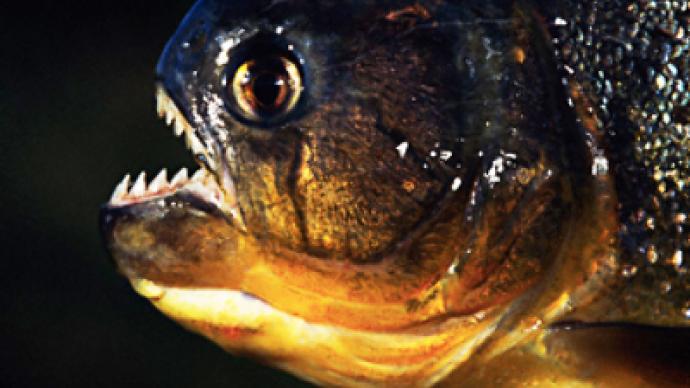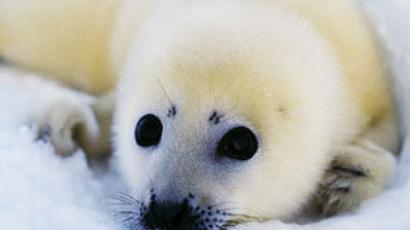Siberia home to vegan piranhas

Russian marine scientists are preparing a search for piranhas. The normally warm water-loving fish was spotted in a most unlikely area – a reservoir in the cold Siberian region of Kemerovo.
At least two unusual specimens were caught in the Belovo reservoir by local residents. Before sending the fish straight to the grill, they took photos and sent them to biologists at the University of Kemerovo, because they had never encountered the species before and wanted to know what they had caught.
The scientists identified them as piranhas, although they are not of the flesh-ripping kind notorious in horror movies. They are, on the contrary, rather ‘peaceful’, fruit-loving piranhas. One explanation for their presence is that they were probably released into the wild by an exotic pet owner who got tired of them or couldn’t keep them.
The photos puzzled biologists, because winter temperatures in the region drop to an average of -20 Celsius and can plunge much lower during cold snaps. They believe the piranhas have survived so far by staying close to the local hydropower plant. The hot water coming from it keeps the temperature in the range comfortable for the fish indigenous to the warm rivers of Latin America.
An expedition to prove the theory will travel to the reservoir as soon as the scientists receive a permit for fishing piranhas with nets from local fish and game authorities, told the media governor’s deputy for natural resources Vladimir Kovelev.
According to the fishermen’s report, the two piranhas they caught weighed two and four kilos, and were “eatable, but bony.”
Earlier in 2008 a piranha was caught in Volgograd region in Russia’s south, and in June 2006 two were fished out in Novosibirsk region in Siberia. Biologists say they can only stay alive in summer and when winter comes they become lethargic and die.













